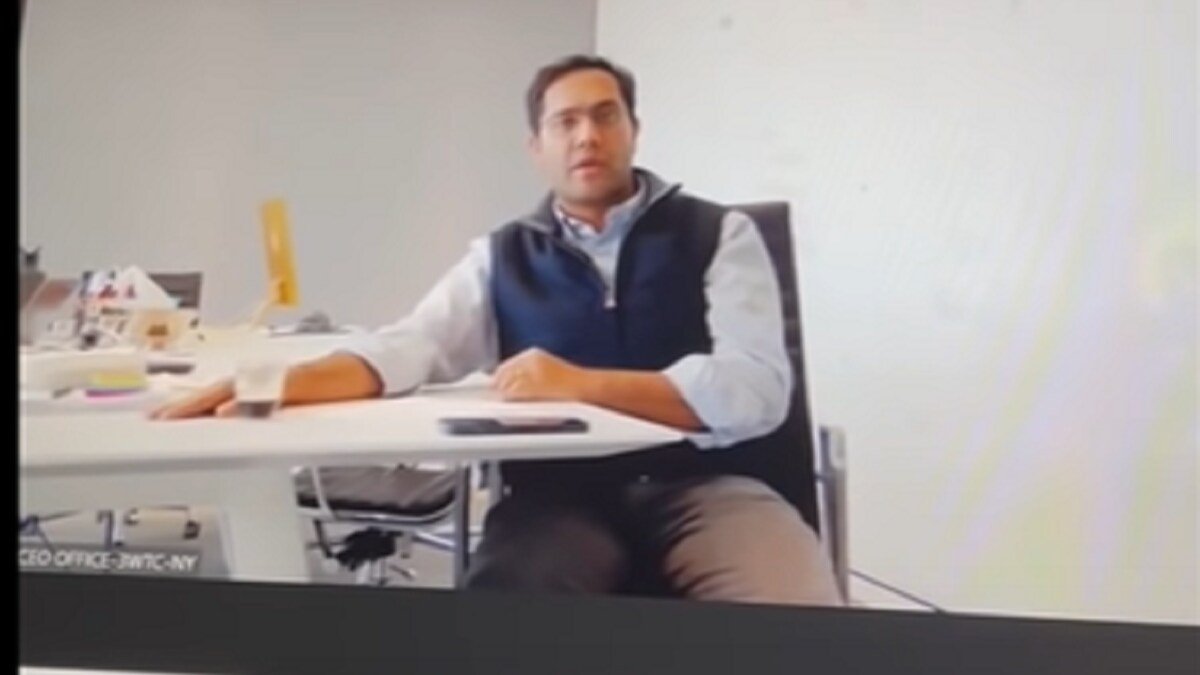Google Employees Deserved Better
I can’t even break up with my cable company without a phone call. So why are companies dumping employees so casually?
In 2010, I saw a movie that I have thought of often in the years since.
Up in the Air.
In the film, George Clooney works at a company that specializes in employee termination assistance.
And by “assistance” I mean the company has consultants (like Clooney’s character Ryan) who fly around the country firing people.
While I can understand that companies and managers don’t want to tell employees they’re fired (those are tough conversations), I didn’t want to believe that there was a market for outsourcing this particular aspect of management.
But even worse than that was the subplot of the film that involved an idea from a plucky young hire named Natalie.
Natalie looked at the old-fashioned way the company did firings, and suggested an even more efficient (read: cheaper) way to let people go – by video conference.
And sure, you could save a lot of airmiles by firing someone in Massachusetts in the morning, Houston at lunchtime, and Phoenix in the afternoon.
But on the other end, we were talking about people.
People whose jobs were more than a source of income. People whose identity and friendships were tied up in their workplace.
Some of those people weren’t just losing a job. They were losing a community.
And [Spoiler Alert], it turned out that firing via videoconference didn’t work out so well.
Letting people go via videoconference might appear more efficient, but it turned out the lack of care and personal touch had other – much higher – costs.
Ten years after I saw the film, 2020 rolled around and brought a pandemic with it. All of the sudden Up in the Air’s fictional “firing by videoconference” became a reality.
Vishal Garg fired 900 employees via zoom in 2021
One Zoom firing after another seemed to confirm what Clooney’s character knew from the start – and what everyone else learned in the course of the film.
You can’t do it this way.
There are people involved.
People who have feelings and emotions.
And, to quote another pop culture gem, people were so preoccupied with whether or not they could, they didn’t stop to think if they should.
But reading the news today, I fear people are not learning from pop culture or history.
And it’s getting worse.
Last week google (GOOGLE!) informed thousands of employees that they were about to be former google employees (or “Xooglers,” to use google parlance).
But they didn’t do it in a face-to-face meeting, or even a phone call.
They sent out emails.
Elizabeth Hart wrote how she learned she was let go: via a notification that her corporate access expired alongside a New York Times alert that google was laying off thousands of employees.
She had worked at google for more than 15 years, and joked that it was her longest committed relationship.
And after 15 years, it all ends with an email.
And some employees, like Dan Russell, missed the email, and found out they were unemployed when they turned up to work and their staff badge no longer let them in the building.
Dan found out he was an “Xoogler” when he went to work at 4 am to finish up an important analysis and his badge didn’t work.
He worked for google for 17.5 years.
And he learned he was out after going to work at four in the morning.
Is that really what we’ve become?
For the last few years, businesses have talked more and more about purpose, and wellbeing and mental health.
They are trying to take a stand and show they care about issues in society – from George Floyd to Roe v Wade to gun violence.
Businesses are trying to come across as humans.
But when faced with a situation that is screaming for human emotion and care, they are failing. Miserably.
And sure, they’ll talk about their severance packages. They’ll give more than the law requires. That’s great. Money worries are huge with job losses, and anything that can help ease those worries is helpful.
But people still have feelings. Even if they had large salaries and ample savings.
And being thrown away like this hurts.
And I wonder how many googlers who were let go last week reflected on their time with the company. I wonder how many of them thought about what they had sacrificed – from their personal relationships to their health – only to be dropped like a bad habit.
I can’t even break up with my cable company or gym without a phone call.
So why do companies think it’s OK to break up with employees this way?
And for the employees who survived this layoff, how are they feeling? They’ve just watched their company callously discard their co-workers and friends.
Why would they expect to be treated any differently?
As CNBC reported, some of the employees are questioning the criteria for the layoffs, noting those let go include high performers.
A top-rated comment submitted by a google employee for an upcoming town hall reflected that, saying:
“This negatively impacts the remaining Googlers who see someone with high recognition, positive reviews, promo but still getting laid off.”
Does anyone feel safe?
Will anyone be so eager to sacrifice for a company that may fire them via email, even when they head to work at 4 am?
Alphabet CEO Sundar Pichai (Brandon Wade/Reuters)
As a company, google is often put on a pedestal, with others aspiring to emulate their culture and success.
But in this case, companies should learn from google’s mistakes.
“Great just isn’t good enough” is something google espouses.
But their handling of layoffs was far from great.
And their people deserved better.
**********************************************************
Beth Collier loves writing, pop culture, and companies that demonstrate their values through action.
She also loves helping companies, leaders, and teams improve their communication (and creativity and leadership) through consulting, coaching, and workshops.
Her clients benefit from Beth’s global corporate experience, Midwestern practicality and enthusiasm, and an endless supply of pop culture references.
To find out how Beth can help you become a more confident, creative, and compelling leader – or improve communication in your company – visit www.beth-collier.com or drop her a line at beth@beth-collier.com
__________________________________________
Want a dose of positivity and fun in your inbox?
Sign up to receive my free newsletter, Curious Minds.
Each week you'll get insights that mix curiosity with business, history, or pop culture.









